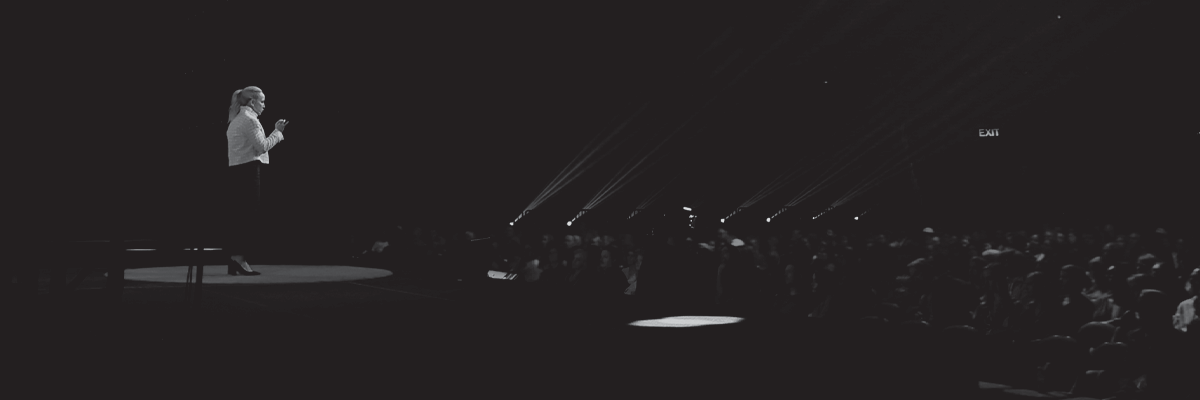
Battle Language and How to Talk to Someone With Cancer
Can a word meant to embolden and fortify actually weaken the receiver? What if the person on the other end of our well-meaning message has or has had cancer? The words we say to others when we intend to ease suffering can actually be cause harm.
What language are we using that may be hurting people? Dr. Katie Deming researched people diagnosed with cancer and found that the often-used word “survivor” left the majority of current and past cancer patients feeling dismissed and reminded them of a traumatic time of their life.
And it wasn’t just “survivor.” Through listening to study responses, Dr. Deming found a whole set of words that are unhelpful in promoting healing and peace. Other problematic words included what Dr. Deming calls “battle language,” like the term “fighter.” While “battle language” can succeed in sales and politics, it is not effective for healing and works against her best intentions. War metaphors in cancer have proven to insight fatalism and fear. Fear activates the sympathetic nervous system, turning on hormones that can actually lower immune function. Cancer patients, who are running a marathon, need to be sustained through their long journey, and need to create a sense of peace when they desire healing.
So, who uses this so-called “battle language”? Well, virtually everyone. If we want to be supportive and empathetic, effective and helpful, what can we do – or rather – say instead? Dr. Deming illustrates the best approach in a few steps.
- Get curious and ask people with cancer what language they want you to use.
- Ask yourself if your communication is accomplishing your true goals.
- And ask for feedback on what you are saying and doing.
We’d be so happy if you’d follow us on Twitter, Facebook, LinkedIn and Instagram.
And If you want to watch more TEDxReno videos you can find them here on Youtube.

